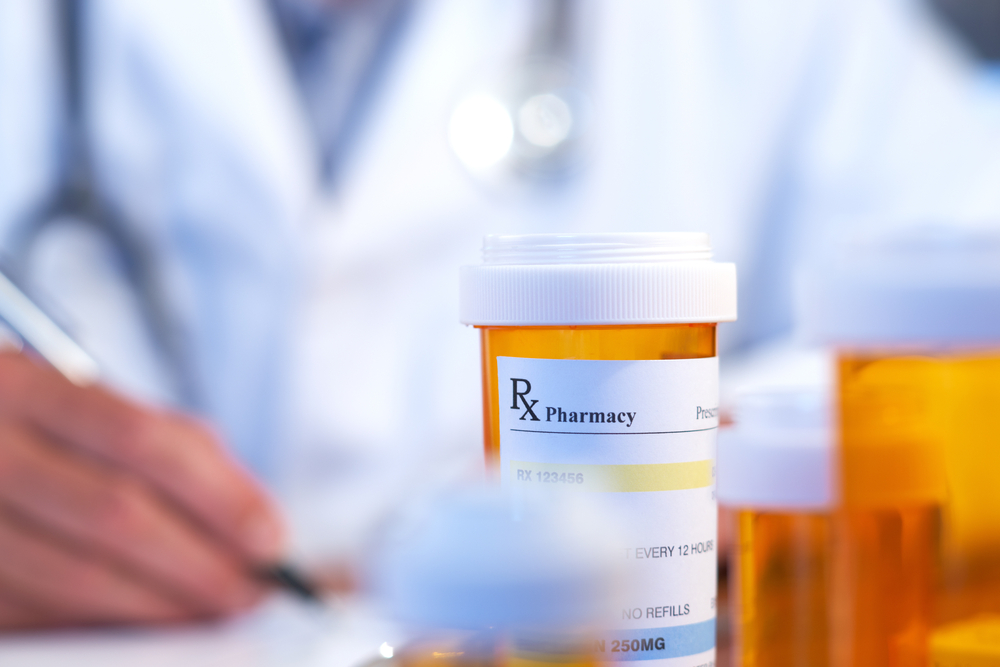A crucial Type 2 diabetes medication is in dangerously short supply thanks to its popularity as a weight loss drug.
The generic version of brand-name drug Wegovy and its sister drug, Ozempic, is called semaglutide. This medicine stimulates insulin production, keeps the blood sugar levels of patients battling diabetes and/or obesity in check, and suppresses appetite. Approximately 35 million Americans live with Type 2 diabetes.
Without their medication, diabetes patients are at increased risk for heart problems, viral infections like COVID-19, disability and even death. Alternative drugs may not be covered by insurance or be as effective.
Ozempic was approved for Type 2 diabetes treatment by the Food and Drug Administration (FDA) in 2017. Wegovy, the same drug in a higher dosage, was approved in 2021 for weight loss in adults with obesity and those with weight-related health issues (e.g., high cholesterol).
Using semaglutide for weight loss became a viral sensation on TikTok and among celebrities, including Elon Musk, who praised its capabilities on Twitter. Its skyrocketing popularity created a critical Wegovy shortage that its manufacturer, Novo Nordisk, is still working to correct.
When the Wegovy shortage began, patients who just wanted to lose weight began asking for alternatives. Physicians nationwide responded by offering Ozempic.
Ozempic is not approved for weight loss, but doctors have been offering it “off-label” to patients who are not diabetic or obese simply because they want to lose weight. Demand for Ozempic has soared over the past couple of years, creating a dangerous shortage for patients who rely on it to stay healthy.
What Is an Off-Label Medication?
Using an FDA-approved drug “off-label” means using to treat something other than its approved use. The practice is legal and very common in the U.S.; about 20% of U.S. prescriptions are written for off-label use.
To get a drug approved by the FDA, the manufacturer must submit clinical data showing the drug is safe and effective for its intended use.
Because an off-label drug does not go through an approval process, the patient should know it has not been proven safe or effective for the condition it’s being used to treat.
Using medication off-label can also mean that it is given in a form or dosage (e.g., caplets instead of liquid, or two pills instead of one) different from the standard for that drug.
Examples of common off-label medication include:
- Breast cancer drug tamoxifen for infertility
- Depression drugs Prozac and Effexor for fibromyalgia
- High blood pressure beta-blockers for anxiety
- Anxiety drug Ativan for nausea during chemotherapy
While off-label drugs can be safe and effective, they present some unique risks.
Benefits and Risks of Taking Off-Label Medications
Prescribing an off-label drug can sometimes have dangerous consequences. A prime example is hydroxychloroquine, approved for arthritis and lupus. It was in high demand during the pandemic’s early months because many mistakenly believed it would cure the virus.
A provider might prescribe an off-label drug for a patient whose condition has no approved drug, or who has tried all approved drugs without relief.
FDA approval is an expensive and lengthy process that some drug manufacturers simply can’t afford. But there may be clinical trials and other evidence in favor of using the drug off-label, and lack of FDA approval does not necessarily mean it is harmful.
However, some studies have found that using off-label drugs can put patients at risk of ineffective or even harmful results, especially in children.
This also puts the physician at risk of a lawsuit, since off-label drugs usually do not reflect the “standard of care” in medical malpractice cases. Physicians should avoid prescribing off-label drugs without solid evidence that the benefits outweigh the risks.
There is also the chance that insurance companies won’t cover an off-label medication.
Your doctor should always thoroughly explain the risks of any medication they prescribe you for the first time. Be aware your doctor is not legally required to tell you the new drug is off-label.
When being prescribed a new drug, you can ask questions that may protect you from a potentially harmful outcome, such as:
- What is this drug approved to treat?
- Why should I take this drug over an approved one?
- Are there studies on using this drug for my condition?
- What kind of results should I expect from this drug?
- Will this drug interact with my other medications?
Your doctor should happily answer all of these questions. If, for some reason, they don’t, it’s best to get a second opinion.













